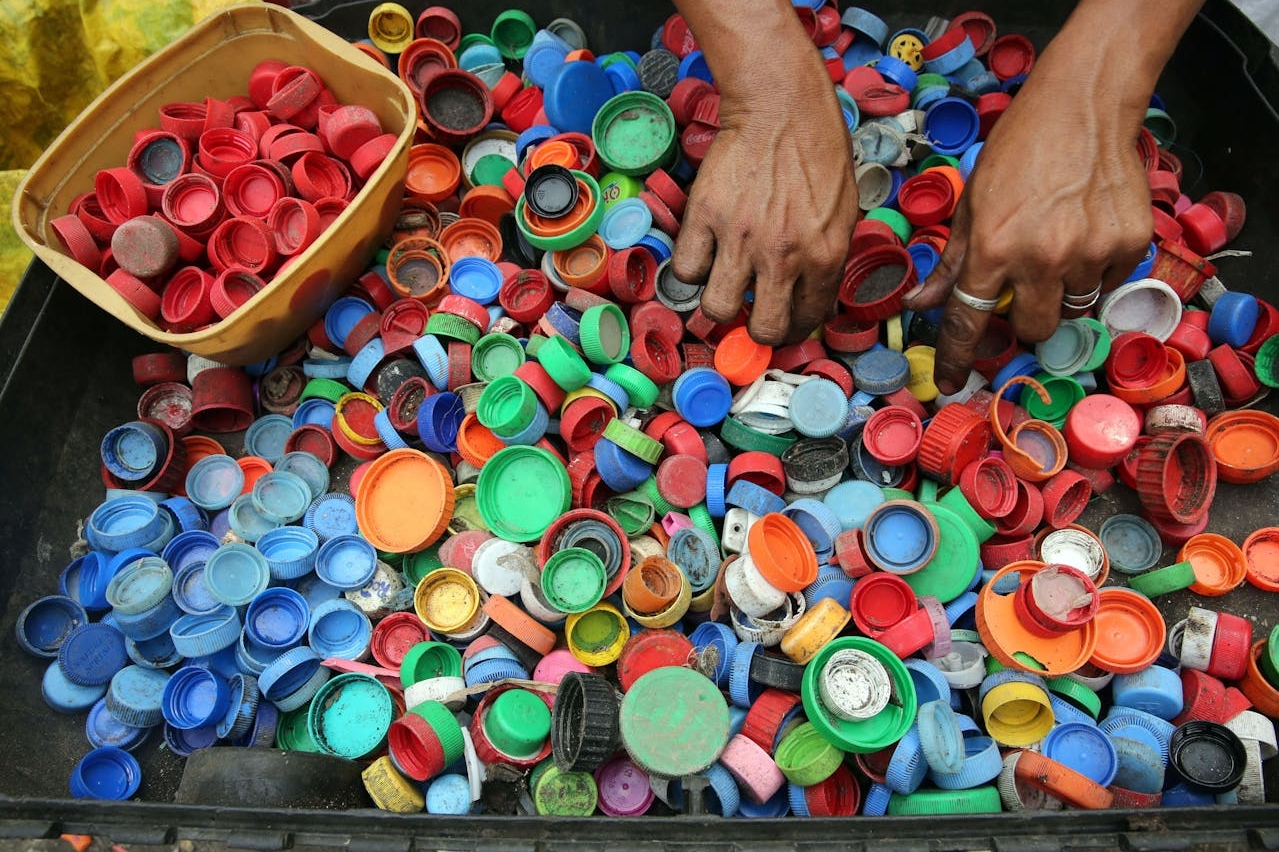Exporting plastic products from India to the USA presents both opportunities and challenges for manufacturers and exporters. While the US market offers immense potential for growth and expansion, navigating regulatory requirements, market dynamics, and logistical complexities can pose significant challenges. Veritas Sourcing, committed to facilitating sustainable trade practices, explores the key challenges faced by Indian plastic exporters and offers practical solutions to overcome them.
- Regulatory Compliance: One of the primary challenges in exporting plastic products to the USA is ensuring compliance with stringent regulatory standards and requirements. The US market has robust regulations governing product safety, labeling, packaging, and environmental sustainability. Indian exporters must familiarize themselves with relevant regulations enforced by agencies such as the Food and Drug Administration (FDA), Environmental Protection Agency (EPA), and Consumer Product Safety Commission (CPSC). Solutions include investing in regulatory compliance expertise, obtaining necessary certifications and approvals, and conducting thorough testing and documentation to demonstrate compliance with US regulatory requirements.
- Quality Assurance: Maintaining consistent quality and reliability of plastic products is essential for building trust and credibility with US buyers. Indian exporters must adhere to strict quality control measures throughout the manufacturing process to ensure that products meet or exceed customer expectations. Solutions include implementing robust quality management systems, conducting regular inspections and audits, and investing in advanced testing equipment and procedures to detect defects and deviations early.
- Product Differentiation: With intense competition in the US market, Indian exporters face the challenge of differentiating their plastic products from competitors. US buyers seek innovative and value-added solutions that offer unique features, benefits, or performance characteristics. Indian exporters can differentiate their products by focusing on innovation, customization, sustainability, and cost-effectiveness. Solutions include investing in research and development to develop innovative products, collaborating with US clients on customized solutions, and emphasizing the environmental benefits of eco-friendly plastics.
- Logistical Challenges: Exporting plastic products to the USA involves navigating complex logistical challenges, including transportation, customs clearance, and documentation. Indian exporters must ensure timely delivery of products while minimizing transportation costs and transit times. Solutions include partnering with reliable freight forwarders and logistics providers, optimizing shipping routes and modes of transport, and streamlining customs clearance procedures to expedite the movement of goods across borders.
- Currency Fluctuations: Fluctuations in currency exchange rates can impact the competitiveness and profitability of Indian plastic exports to the USA. Volatility in exchange rates can affect pricing, profit margins, and overall export competitiveness. Indian exporters can mitigate currency risk by hedging against exchange rate fluctuations, diversifying export markets, and negotiating pricing contracts in stable currencies such as the US dollar. Additionally, maintaining cost competitiveness through efficient production processes and supply chain management can help offset the impact of currency fluctuations.
- Market Access Barriers: Indian exporters may encounter market access barriers such as tariffs, trade restrictions, and non-tariff barriers when exporting plastic products to the USA. Tariffs imposed on imported plastics can increase the cost of products and reduce their competitiveness in the US market. Indian exporters can explore trade agreements, preferential trade schemes, and tariff exemptions to enhance market access and reduce trade barriers. Additionally, building strategic partnerships with US distributors, agents, or importers can help navigate market entry challenges and expand market reach.
- Cultural and Language Differences: Cultural and language differences can pose communication challenges and hinder effective business relationships between Indian exporters and US buyers. Misunderstandings or misinterpretations can impact negotiations, product specifications, and customer satisfaction. Indian exporters can overcome cultural and language barriers by investing in cross-cultural training, hiring bilingual staff or interpreters, and leveraging technology-enabled communication tools to facilitate clear and effective communication with US counterparts.
By addressing these challenges proactively and implementing practical solutions, Indian plastic exporters can enhance their competitiveness, mitigate risks, and capitalize on opportunities in the lucrative US market. Veritas Sourcing serves as a strategic partner, offering guidance and support to Indian exporters in navigating the complexities of exporting plastic products to the USA. With our commitment to sustainable trade practices and customer success, we empower exporters to achieve their business objectives and thrive in the global marketplace.




